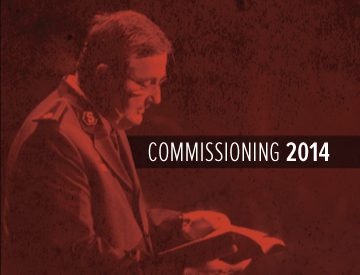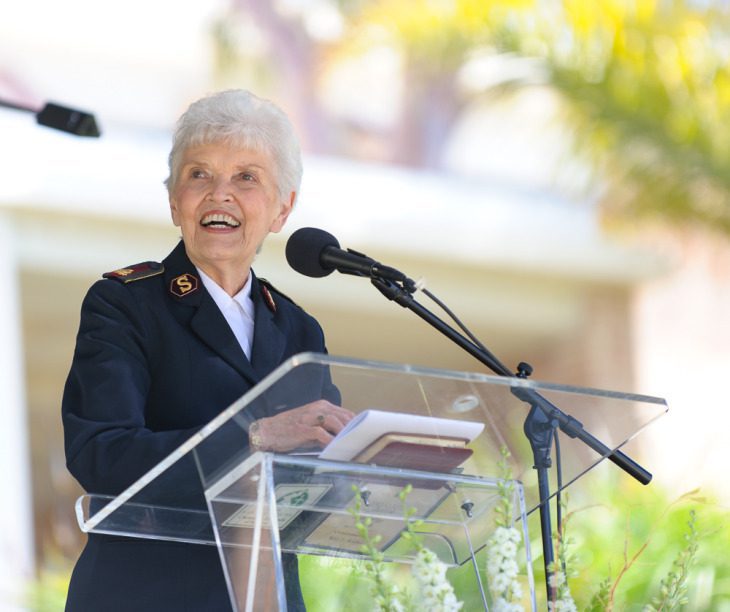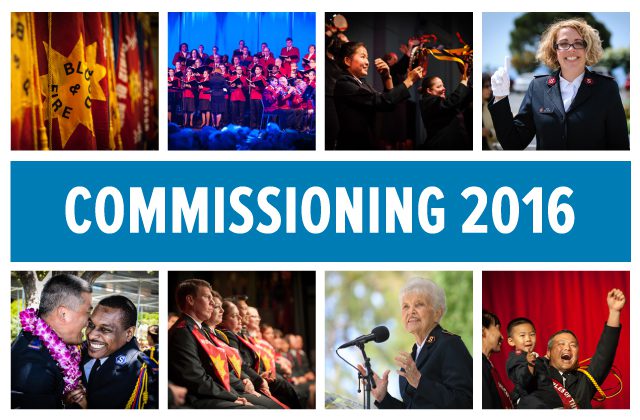By Bob Docter –
First of all congratulations.
You have completed a “training” cycle whereby the Army has some level of confidence that you can be sent to the field and facilitate the accomplishment of its mission and protection of its brand. Undoubtedly, you’ll continue learning over the next 25-30 years. What you learn is up to you.
I want to make one suggestion. Build a complete life.
Over the past few years, I have written on that topic on many occasions. In the process I’ve discovered that I am not alone for I share that goal with innumerable other writers. Many seem convinced that awareness of the content and meaning of the phrase finds a place among the essentials. We’ve been trying to figure that out since Aristotle.
I do know that the word “complete” implies a unified whole, togetherness, and is synonymous with the word integrity. That means that every part of you is integrated with and functions in harmony with every other part. In looking at the human organism I believe our “parts” involve five different functions that harmonize together. One of your jobs in life requires you to develop all five, and to discover when a particular part needs greater emphasis. The product of that decision changes within you and within whomever you relate to at a particular time.
First and foremost, I believe the “parts” pertain to feeling and emotions—they differ considerably and we need to discover how. Feelings are generalized emotions. It’s a word that groups various emotions into general categories and allows us to refine our sensation of a particular emotion. For instance, you’re walking home, huddled in your overcoat one cold, dark, blustery night. You sense there is a person walking a half a block behind. You don’t recognize him. You feel a possible threat and slightly increase your pace. You turn a corner. So does he. Fear, an emotion, strikes, and you run.
You had felt a growing threat earlier. Then, after the corner, your emotions kick in. The fear of the potential threat alerted you to your desire to survive.
Second, thinking—our thought processes in relation to our perceptions often assume a significant role in our feelings and emotions. However, if you let your feelings dictate your decisions rather than your thinking you practice emotionalism. Avoid this. Judgmentalism, one of the world’s great sins, takes place interpersonally when you engage another person and feeling precedes thinking.
Third, socialization—you must understand and abide by the rules of the culture and subculture in which you live. It demands a balance of thinking and feeling. It’s the way we get along one-to-one and embrace the big picture of the culture.
Fourth, physical—in order to function at your best, you must take care of yourself physically. Stay in shape. Eat well balanced meals with your health in mind. Stay strong. Rest. Grow in all dimensions of your existence
Fifth, spiritual—nurture your spirit by growing in God’s Word and having regular communication with him in which you speak and listen. Practice empathy with those around you.
In examining the idea of living a complete life, Dr. Martin Luther King preached a magnificent sermon on Revelations 21 in 1967. He selected John’s passage where he sees Holy Jerusalem coming down from heaven, perfect in every dimension. In it, King talks of the length, breadth and height of life.
Length pertains to our inward concerns relative to the dimensions of life itself. It’s the concern that pushes us forward to achieve our goals and our ambition—the concern we have for our own welfare. In many ways it is the selfish part of ourselves. He recognizes, however, that if we haven’t loved ourselves properly, we will not have anything with which to love others. We’ve got to pray every day that we can accept ourselves properly. If you’re a Ford, don’t try to be a Cadillac. Be the best Ford you can be. We must discover what we’re called to be.
Many do not get far beyond this first dimension. Don’t stop there.
The breadth of life is “the outward concern for the welfare of others.” We live in a world populated by others. We must learn how to live with them. They are not “tools” whereby we can use them to accomplish our own ends.
The height of life is our upward reach for God. Many neglect this dimension and don’t even know they’re doing it. There are two kinds of atheism. One is a theoretical point of view that believes there is no God, and the second is a practical atheism. They are people “who have a high blood pressure of creeds and an anemia of deeds.” They deny the existence of God with their lives and become so involved in other things, their bank accounts, their beautiful house, their beautiful car that they forget about God.
In King’s words: “I’m here to tell you today that we need God.”















